Interconnections and Smartgrids
Electrification, decarbonisation, renewable energies penetration and supergrids development, through interconnections between countries and continents, imply a major restructuring of power systems and adding intelligence. EDF Lab Asia Pacific's in-depth knowledge of these areas is a strength for EDF and its representation in the Asia Pacific markets.
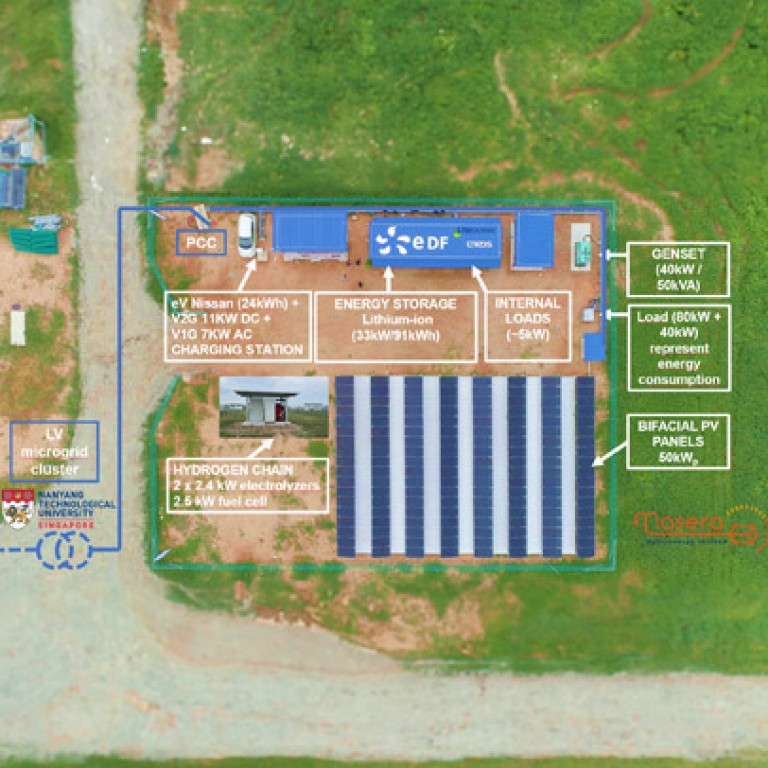
Masera Multi Energy Testbed
To support the social-economic development in South East Asia (SEA) and the expansion of microgrids, in particular in remote areas, the Nanyang Technological University has created the Renewable Energy Integration Demonstrator Singapore (REIDS) project.
More than a demonstrator, MASERA is for EDF a multi-energy testbed. The flexibility of MASERA allows technology derisking and smart solutions development: interconnection, Energy Management Systems, Electric Vehicle smart charging and Vehicle to Grid (V2G), low-carbon hydrogen and hydrogen management, Renewable Energy Certificates, 24/7 Carbon Free Energy and more. EDF is working on building a better future together with its partners. For this reason, EDF’s testbed MASERA is open to external companies.
Land and Maritime Electric Mobility
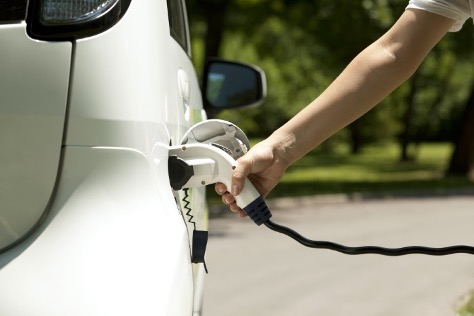 Acknowledging the ambition for South-East Asia to embrace the transition towards electric mobility, the Asia Pacific Lab is a supporting EDF’s value proposition by developing integrated solution including energy management, advanced charging, EV fleet management and maritime electrification. As an illustration, we have developed a pioneering digital solution, EcoTrust, which can automatically provide small portion of Renewable Energy Certificates to consumers charging their electric vehicles. The solution is based on real-time green energy production and ensures trustable traceability by blockchain.
Acknowledging the ambition for South-East Asia to embrace the transition towards electric mobility, the Asia Pacific Lab is a supporting EDF’s value proposition by developing integrated solution including energy management, advanced charging, EV fleet management and maritime electrification. As an illustration, we have developed a pioneering digital solution, EcoTrust, which can automatically provide small portion of Renewable Energy Certificates to consumers charging their electric vehicles. The solution is based on real-time green energy production and ensures trustable traceability by blockchain.
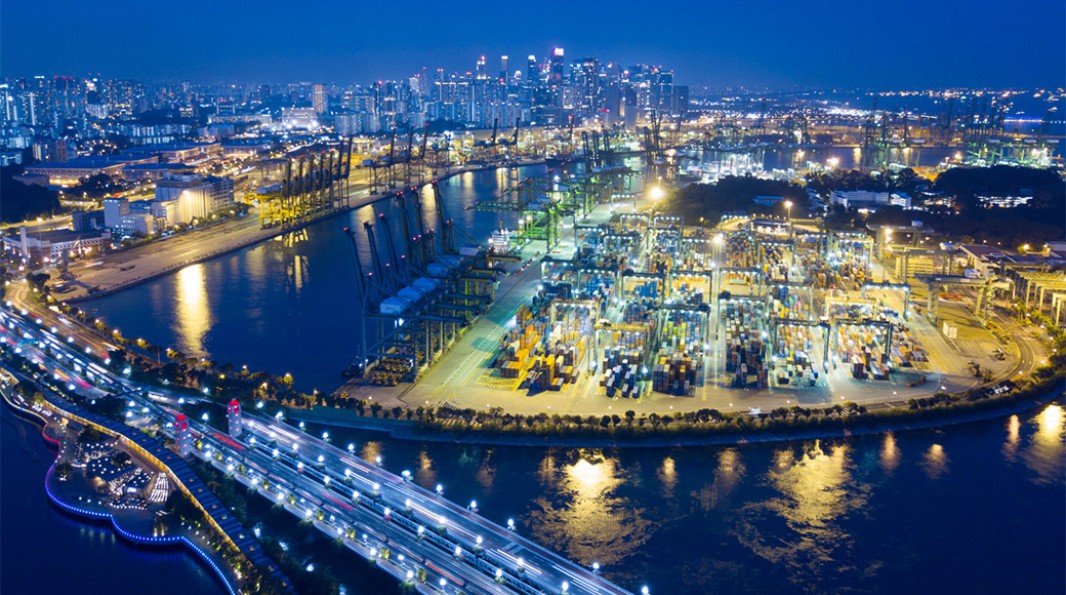
Low carbon Hydrogen
The Asia Pacific Lab supports EDF’ ambitions to become a leader in the economy of low carbon H2 with a focus on production from low carbon electricity sources, assessment of the different carrier technologies and life cycle assessment. The Lab Asia Pacific is qualified in various electrolyser technologies and owns its hydrogen chain on MASERA testbed, which allows to access important data in terms of installation, maintenance, ageing, … and improve EDF teams’ expertise.
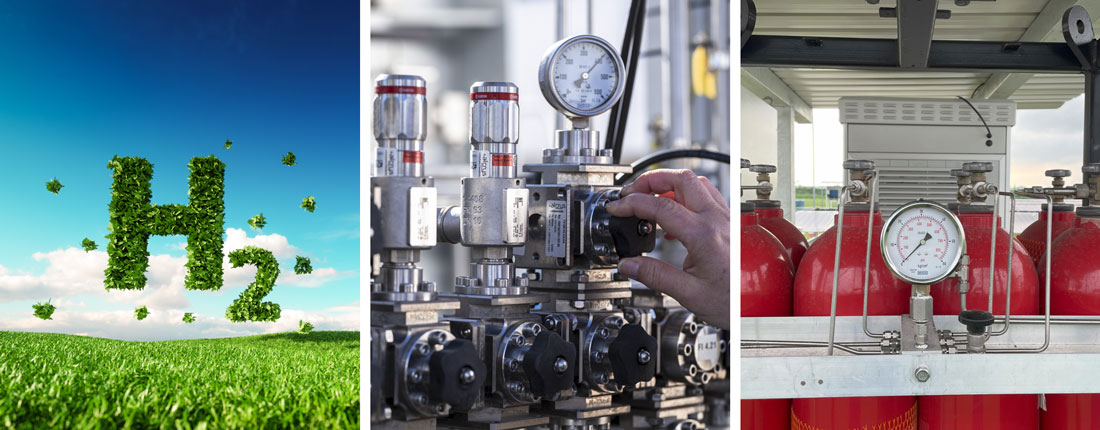
Renewable Energies and storage
To meet growing demand for low-carbon energy, renewable energies are more than ever solutions for the future. Thanks to its expertise, EDF Lab Asia Pacific is an essential support on subjects such as floating solar and hybrid systems, including storage, thermal and hydrogen.
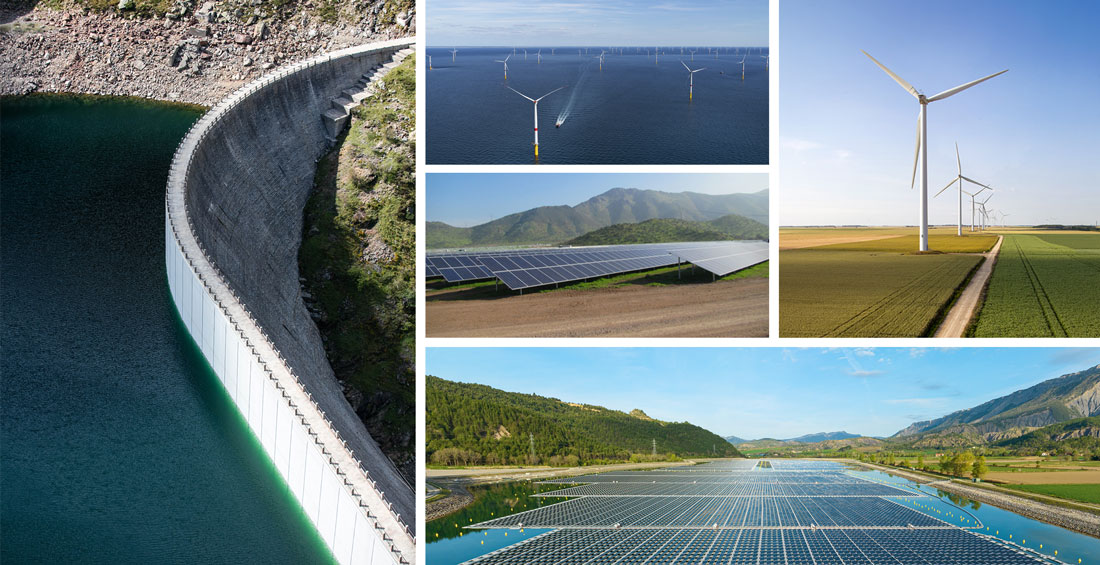
Energy Markets
The rapid evolution of energy markets in Asia Pacific represents a challenge and requires a thorough mastery of the regional environment, regulation and financial instruments. EDF Lab Asia Pacific is highly qualified in data science, optimisation and artificial intelligence, and provides EDF with valuable expertise on regional energy markets, assets and risk management, as well as innovative renewable energy contracts.
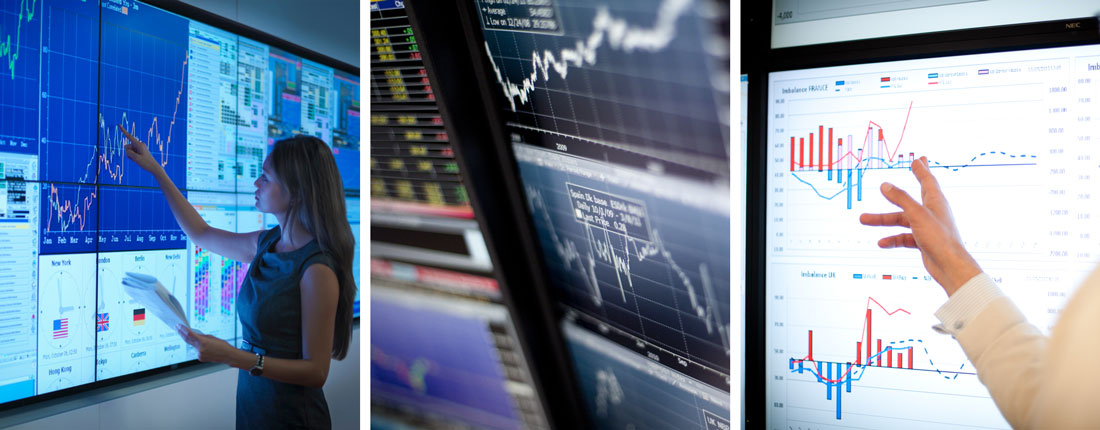
Quantum solutions
Embarking on a quantum journey towards optimization's horizon, our lab delves into the realm of promise that quantum solutions hold. Teaming up with a leading Singaporean cargo terminal orchestrator and a major quantum solutions provider, we're solving concrete use cases to improve existing optimization solutions. This developments will help EDF manage its assets on their full life cycle with a focus on safety, production and carbon emission.


